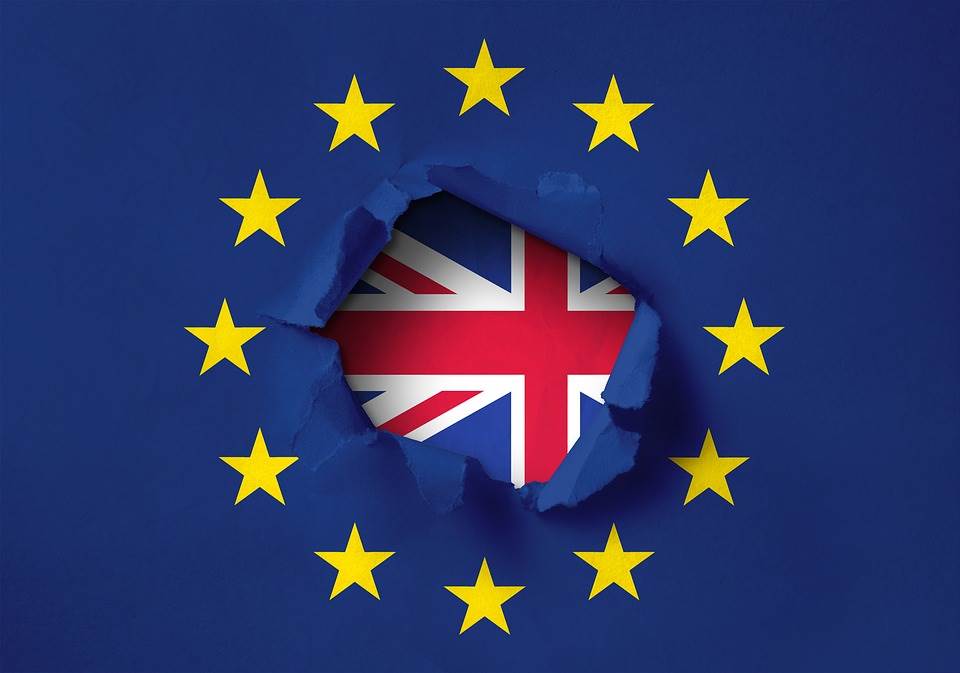 Alexander Boris de Pfeffel Johnson has been elected as leader of the Conservative Party, beating his rival for the post, Jeremy Hunt with a share of 66% of the returned ballots to Hunt’s 34%.
Alexander Boris de Pfeffel Johnson has been elected as leader of the Conservative Party, beating his rival for the post, Jeremy Hunt with a share of 66% of the returned ballots to Hunt’s 34%.
Theresa May is expected to submit her formal resignation to the Queen on Wednesday and to recommend Johnson as her successor, informing the Queen that he “enjoys the confidence of the House of Commons” which may well be a little white lie.
Undoubtedly, the biggest challenge facing the new PM is Brexit, but it is far from the only one. The UK is enmeshed with Iran in a naval dispute over the seizure of a tanker near Gibraltar, by the British, which was claimed to be breaching oil sanctions against Syria. The Iranians have seized two British flagged tankers (one only briefly) in what Britain has described as an act of piracy in international waters. When asked how he intended to deal with the crisis in Iran, PM designate Johnson pledged to build more ships for the navy. A fine non-answer since it takes years to fully commission a warship and then there’s the small matter of funding it.
The UK economy has been greatly weakened by Brexit uncertainty and the “no deal” Brexit pledge that got him elected would do grave harm to it if pursued. Johnson’s current position (one is reminded of Groucho Marx: Those are my principals – if you don’t like ‘em, I have others) is that he will not agree to extend the Article 50 notice period which expires on 31st October and will leave the EU on that date with or without a deal. There are just 100 days remaining… Yet he claims that he wants to negotiate a better deal (from his perspective) with the EU in that time.
Many people are convinced that Boris Johnson is a Brexiter of opportunity, seeing it as the best vehicle to propel him into 10 Downing Street – that much is certain. What is uncertain is just how much of what he says on the subject of Brexit he actually means – in the past he has argued (with apparent sincerity) for and against being in the EU.
Many observers think that Johnson will be granted the summer to establish himself and his government and that substantial opposition in parliament will only begin in the autumn as the Brexit deadline looms. They think that either a referendum, formation of a government of national unity or a general election will be the tools to resolve the Brexit crisis (most of these people back the continuance of the UK’s EU membership). Johnson faces the same (or indeed worsening) parliamentary arithmetic that Theresa May encountered. May could not get a majority for her deal since the right of her party felt it unacceptable. Johnson has no hope of getting a deal through parliament which is any “harder” than May’s deal (even if the EU would agree to reopen negotiations which it has repeatedly ruled out) and parliament has repeatedly and clearly voted against a “no deal” outcome. It recently voted to stop “no deal” by the back door by essentially preventing the prorogation of parliament.
